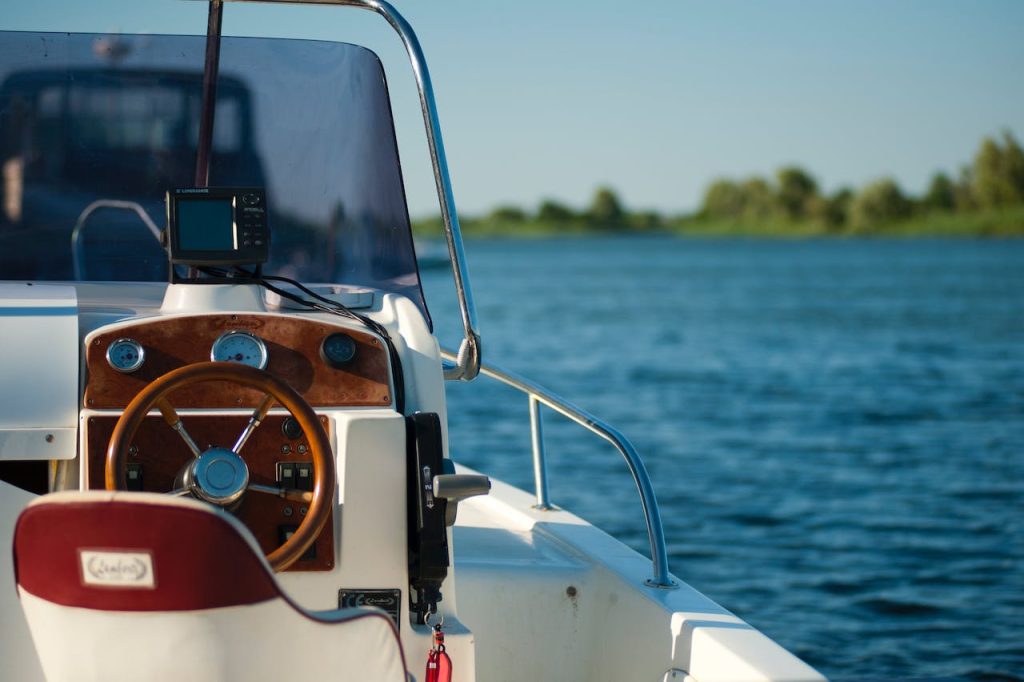Understand Your Rights. Solve Your Legal Problems


However, within this allure, a stark reality surfaces—sailing carries risks capable of swiftly transforming an idyllic voyage into a nightmarish sequence of accidents.
In 2022, this reality materialized in stark figures, exposing the toll of boating accidents in the United States, with 636 lives lost and 2,222 individuals injured. These numbers underscore the imperative for heightened awareness and safety measures when navigating the waters responsibly. Transitioning from these sobering statistics, navigating the aftermath of a boating accident necessitates a measured and cautious approach, prioritizing safety, communication, and legal considerations.
This blog post will outline the essential steps to follow post-boating accidents, equipping sailors with the knowledge to confront unexpected challenges on the water. From prioritizing immediate safety concerns to understanding the significance of proper documentation and seeking legal counsel, this comprehensive roadmap offers readers a guideline for handling post-accident scenarios with confidence.
Before setting sail, it is important to thoroughly familiarize yourself with pertinent maritime laws and insurance regulations to ensure a safe and responsible boating experience. Being well-informed is a proactive measure, safeguarding against potential accidents and providing essential protection in the event of unforeseen circumstances. Professional guidance from lawyers specializing in these fields can often be of major help.
For instance, if you are in California, and are looking for experienced boat accidents lawyers Marc Karlin and his team can provide expert assistance in maritime law. An experienced maritime attorney can provide invaluable insights into the legal ramifications of an accident, helping individuals understand their rights, responsibilities, and possible compensation sources.
Furthermore, insurance professionals ensure prompt and efficient claim processing as well as financial recovery assistance for successful outcomes. Initiating this step promptly empowers individuals to navigate the legal and insurance intricacies with confidence, fostering a path toward resolution and recovery following the tumultuous experience of a boat accident.
Prioritizing safety is paramount in the immediate aftermath of a boat accident, where chaos and disorientation may prevail. The primary focus is safeguarding everyone on board. Initiate by conducting thorough checks for injuries, and promptly administering first aid when necessary. In instances where life jackets are available, ensure their immediate use, particularly if the accident has led to water intake or poses a risk of sinking.
Swiftly relocate to a secure place on the boat or, if necessary, into the water, especially if the vessel is in danger of capsizing. This proactive approach is critical for minimizing potential injuries and creating a foundation for addressing subsequent challenges in the aftermath of the boat accident.
Effective communication becomes pivotal once safety concerns are addressed in the aftermath of a boat accident. Establish contact with other parties involved and relevant authorities, utilizing a marine radio or any available communication devices.
Signal for assistance promptly, reporting the incident by detailing your location, the number of individuals on board, and the nature of the emergency. If neighbouring boats are present, employ visual or sound signals to indicate the need for help, adapting to the circumstances at hand. This proactive communication not only facilitates a quicker response but also ensures that crucial information is relayed accurately, contributing to a more coordinated and efficient resolution of the boat accident aftermath.
Notify the relevant authorities about the boat accident. Notifying authorities such as the Coast Guard, local law enforcement, or marine safety agencies, may be necessary based on the severity and location of an incident. Provide a full account of what led up to your accident as well as cooperate fully with any investigations that follow.
Even if injuries appear minor at first, you must seek medical care promptly. Boat accidents often result in invisible injuries that might not immediately manifest. Adrenaline may mask pain until later. Prolonging medical attention could cause complications down the line. For best results, visit a healthcare professional for a thorough assessment and appropriate treatment.
Upon ensuring safety, promptly document the accident scene. Capture photographs of damages to vessels, injuries sustained, and notable landmarks for location identification. Collect witness contact information, adding valuable documentation for reporting to authorities and insurance companies.
This meticulous record, encompassing visual evidence and eyewitness accounts, holds significant weight in facilitating a comprehensive investigation and expedites the process of reporting and insurance claims after a boat accident.
Should other parties become involved, immediately exchange necessary information. Exchange details that include names, addresses, phone numbers, and insurance policy numbers. Refrain from discussing fault or liability at the scene due to increased emotions—an investigation will help pinpoint responsibility accurately. Using this approach ensures the exchange will go according to plan for any subsequent legal proceedings or investigations that may ensue.
Gathering evidence is key when filing legal or insurance claims. Keep a log of all communications related to an accident, including emails, messages, and phone calls during investigations, as well as damaged equipment that might be relevant. Such evidence will prove invaluable when establishing liability and seeking compensation for damages caused.
Experience with boat accidents can be both traumatic and challenging. However, taking the appropriate steps in the aftermath of an accident, can ensure safety for all and avoid further damage. Prioritizing safety, communicating effectively, documenting thoroughly, and seeking professional assistance are crucial components in successfully dealing with boating incidents and their aftermaths. By adhering to these steps, individuals can better cope with the challenges they encounter as they strive toward justice and recovery for everyone involved.





